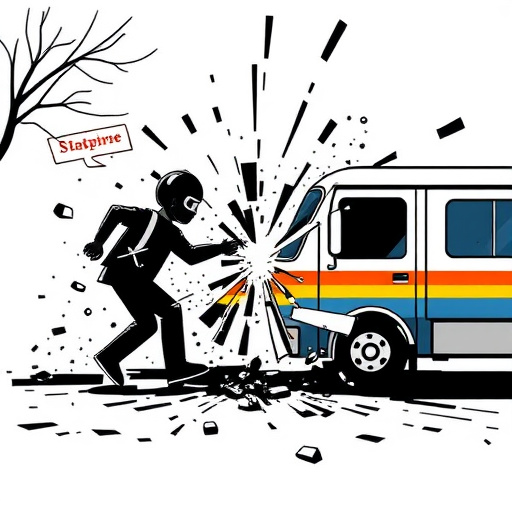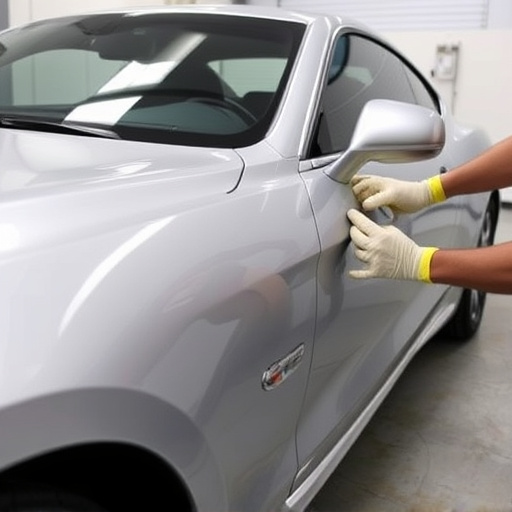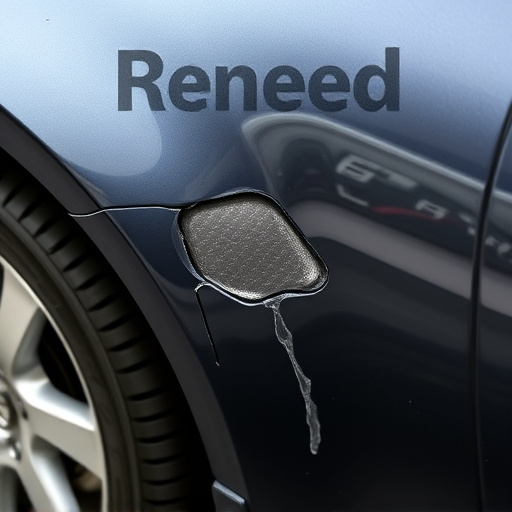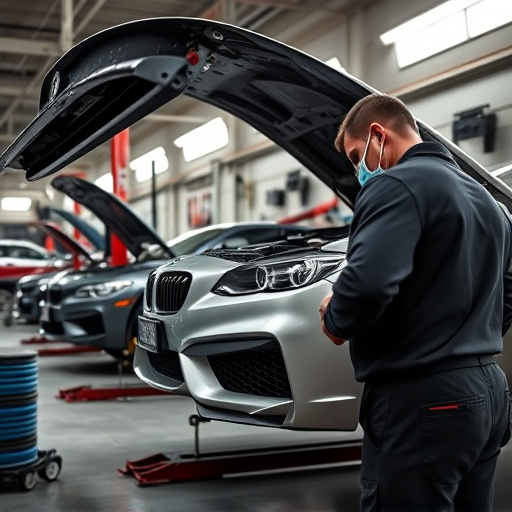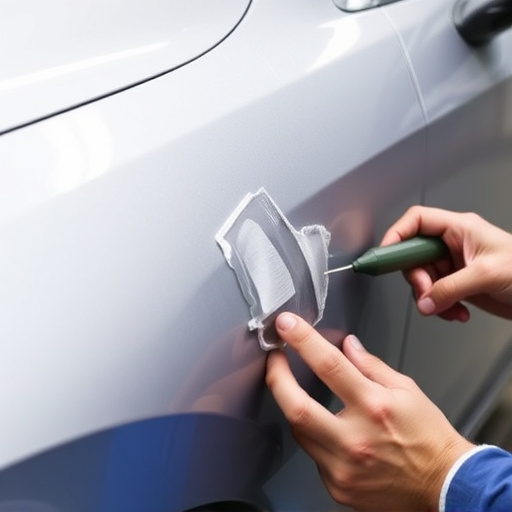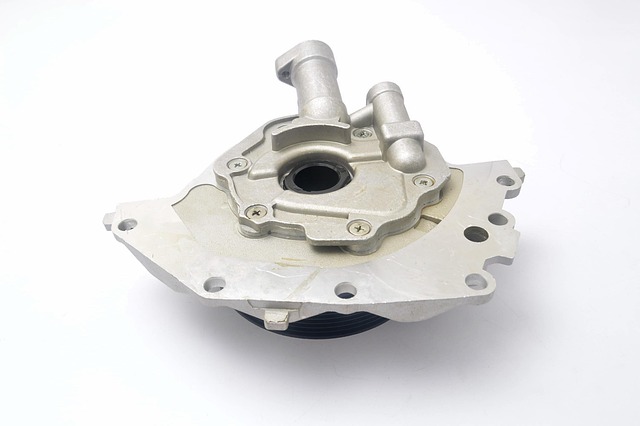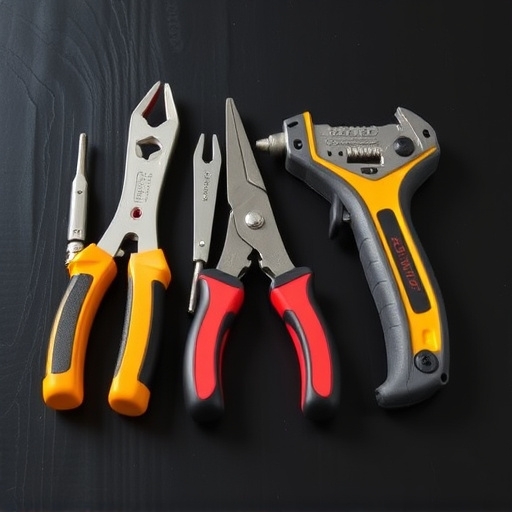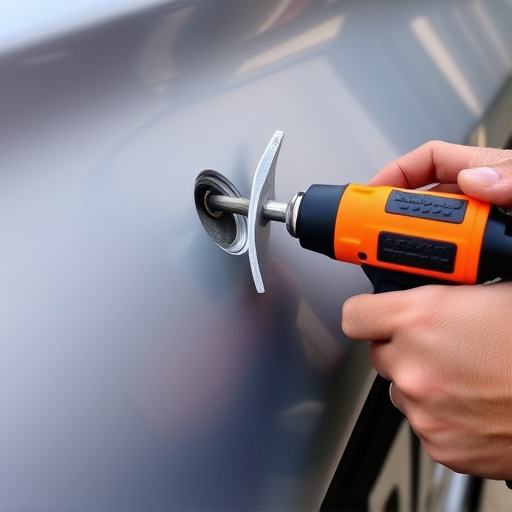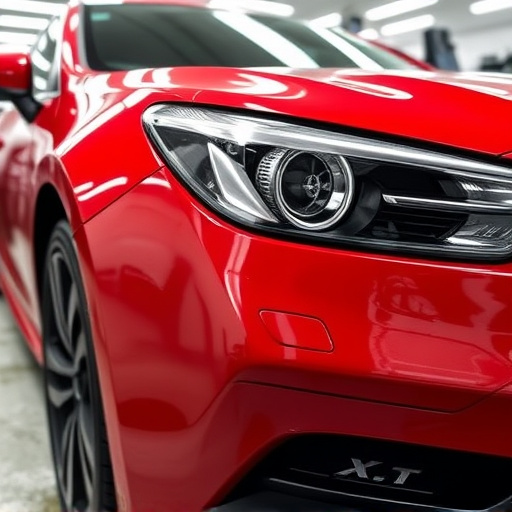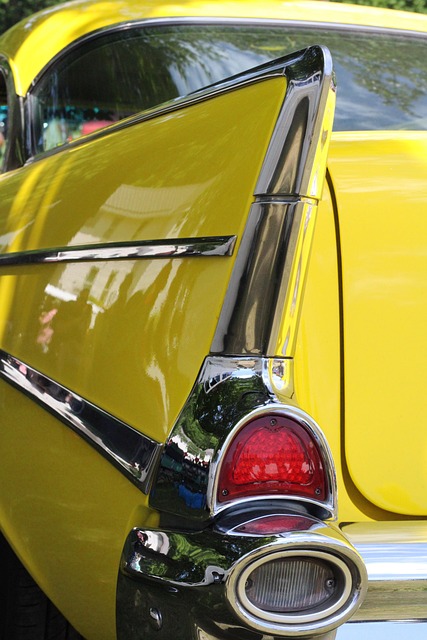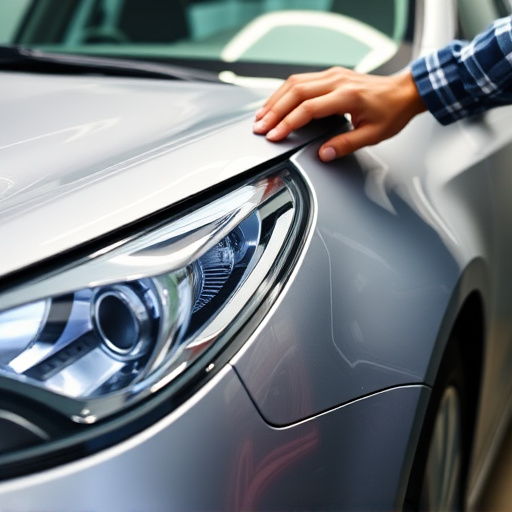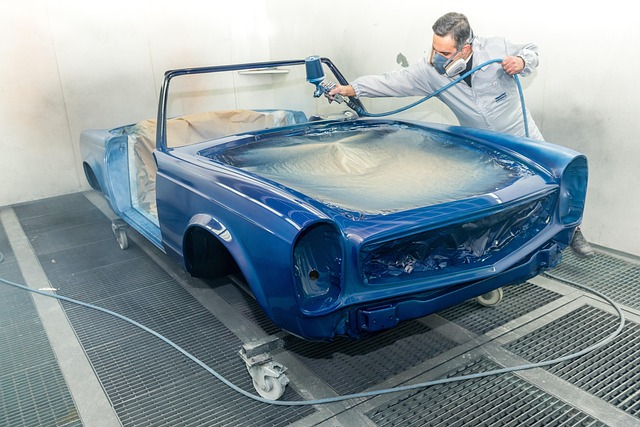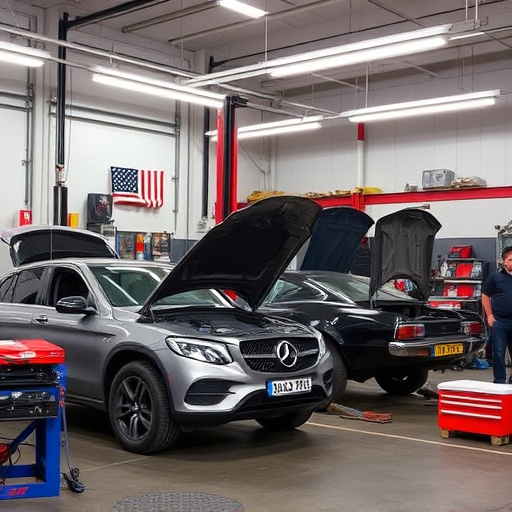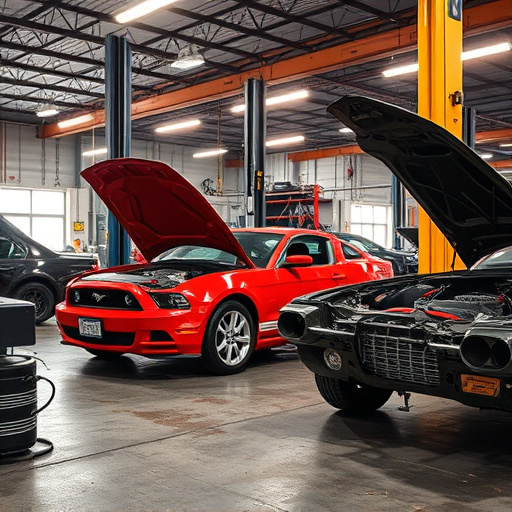Understanding insurance coverage for aftermarket auto glass is vital before making upgrades. While standard car insurance may not cover non-OEM glass, evolving policies acknowledge cost-effective and readily available benefits. Consumers in regions with high auto glass damage due to weather or traffic can access a wider range of options while maintaining safety standards through these solutions. Insurance approval involves assessing vehicle specifics, damage severity, and supplier/installer reputation, focusing on accurate dimensions, strength requirements, proper installation techniques, and aesthetic/safety integrity for dent removal.
Aftermarket auto glass installation has become a common practice, offering cost-effective solutions for vehicle owners. However, understanding insurance coverage for these replacements is crucial. This article guides you through the intricacies of insurance policies and their stance on aftermarket glass. We’ll explore factors influencing approval, including quality standards and manufacturer recommendations. By delving into these aspects, you’ll gain insights into when your policy might cover these installations, ensuring peace of mind during the repair process.
- Understanding Coverage for Aftermarket Auto Glass
- When Policy Providers Include Aftermarket Installations
- Factors Influencing Insurance Approval for Aftermarket Glass
Understanding Coverage for Aftermarket Auto Glass
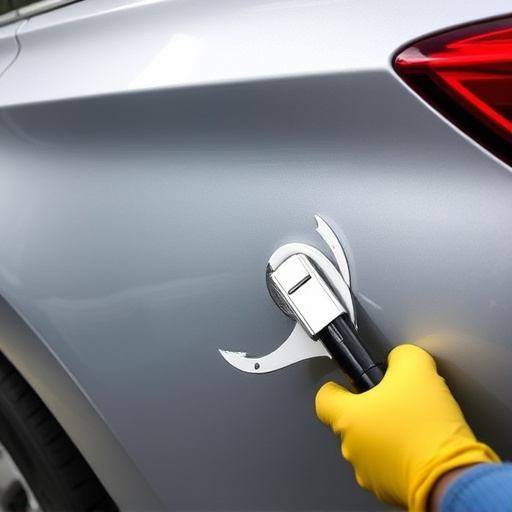
Understanding Coverage for Aftermarket Auto Glass
When it comes to insurance coverage for aftermarket auto glass installation, policy terms can vary significantly from one provider to another. It’s crucial for vehicle owners to familiarize themselves with their specific policies before undergoing any aftermarket upgrades. Many standard car insurance plans typically cover the cost of original equipment manufacturer (OEM) glass replacement but may not extend the same level of protection for aftermarket or third-party glass products. This distinction is important, as aftermarket auto glass can range from performance enhancements to safety improvements, each potentially carrying different costs and benefits.
Policyholders should also be aware that some insurance companies might require additional documentation or proof of purchase for aftermarket components used in vehicle collision repair or car bodywork services. For instance, if you opt for a paintless dent repair service along with your glass replacement, ensuring the insurer is aware of these modifications can prevent potential disputes over coverage. By proactively understanding these nuances, drivers can ensure they receive adequate compensation and support when dealing with insurance claims related to aftermarket auto glass installations.
When Policy Providers Include Aftermarket Installations
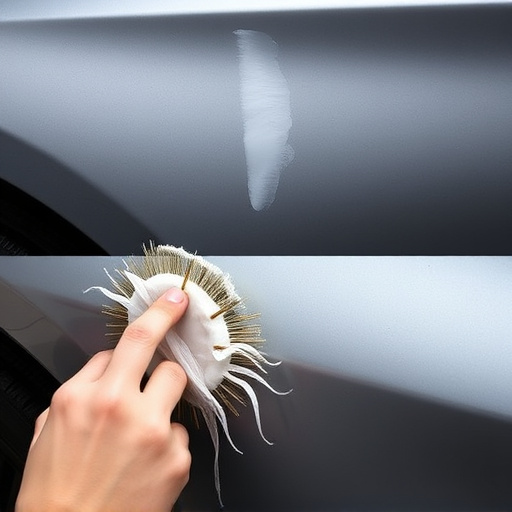
Many insurance policies specifically exclude coverage for aftermarket auto glass installations, opting instead to support only the use of factory-original or certified replacement parts. However, a growing trend among policy providers is to expand this coverage, recognizing the benefits of quality aftermarket glass in terms of cost-effectiveness and rapid availability. This shift is particularly evident in regions with high auto glass damages, such as areas prone to severe weather conditions or heavy traffic congestion.
In incorporating aftermarket auto glass installations into their policies, insurance companies are responding to the needs of policyholders who seek efficient and affordable solutions without compromising on safety. Moreover, this trend underscores the evolving landscape of auto repair services, where consumers increasingly demand alternatives to traditional, often costly, factory-mandated repairs. Therefore, when considering auto glass replacement, whether through dent repair or comprehensive car paint services, individuals can now explore a wider range of options, including aftermarket solutions, backed by their insurance coverage.
Factors Influencing Insurance Approval for Aftermarket Glass
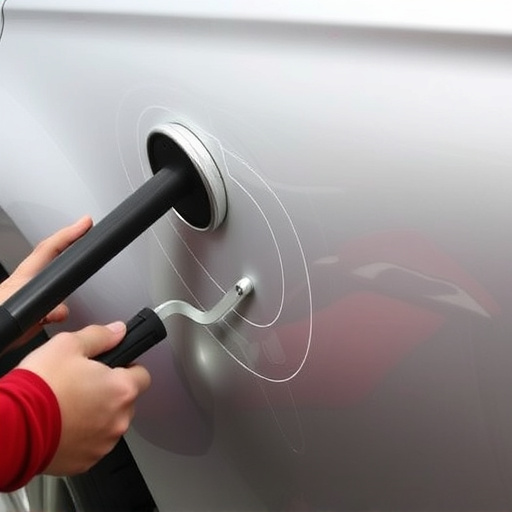
When it comes to insurance approval for aftermarket auto glass installation, several factors play a crucial role. Insurers carefully consider the type of vehicle, the severity of the initial damage, and whether the aftermarket glass meets safety standards. The make and model of the car are essential, as different vehicles have unique requirements for window dimensions and strength. For instance, heavy-duty trucks may need specialized glass to withstand higher forces during vehicle collision repair.
Additionally, insurance companies evaluate the reputation of the glass supplier and installer. Using certified and reputable aftermarket auto glass can significantly increase the chances of approval. This is particularly important in fleet repair services where consistency and safety are paramount. The insurance provider will also assess whether the installation meets or exceeds industry standards, ensuring proper alignment, sealing, and overall structural integrity—crucial aspects when considering car dent removal for both aesthetic and safety purposes.
Aftermarket auto glass installation can be a cost-effective and efficient option for vehicle owners, but understanding insurance coverage is crucial. Policy providers are increasingly including aftermarket installations in their plans, recognizing the benefits for policyholders. By considering factors like manufacturer recommendations and safety standards, insurers approve aftermarket glass that meets or exceeds original equipment quality. When choosing to replace auto glass, being aware of your insurance policy’s terms regarding aftermarket components can save you money and ensure a safe, reliable fit.
